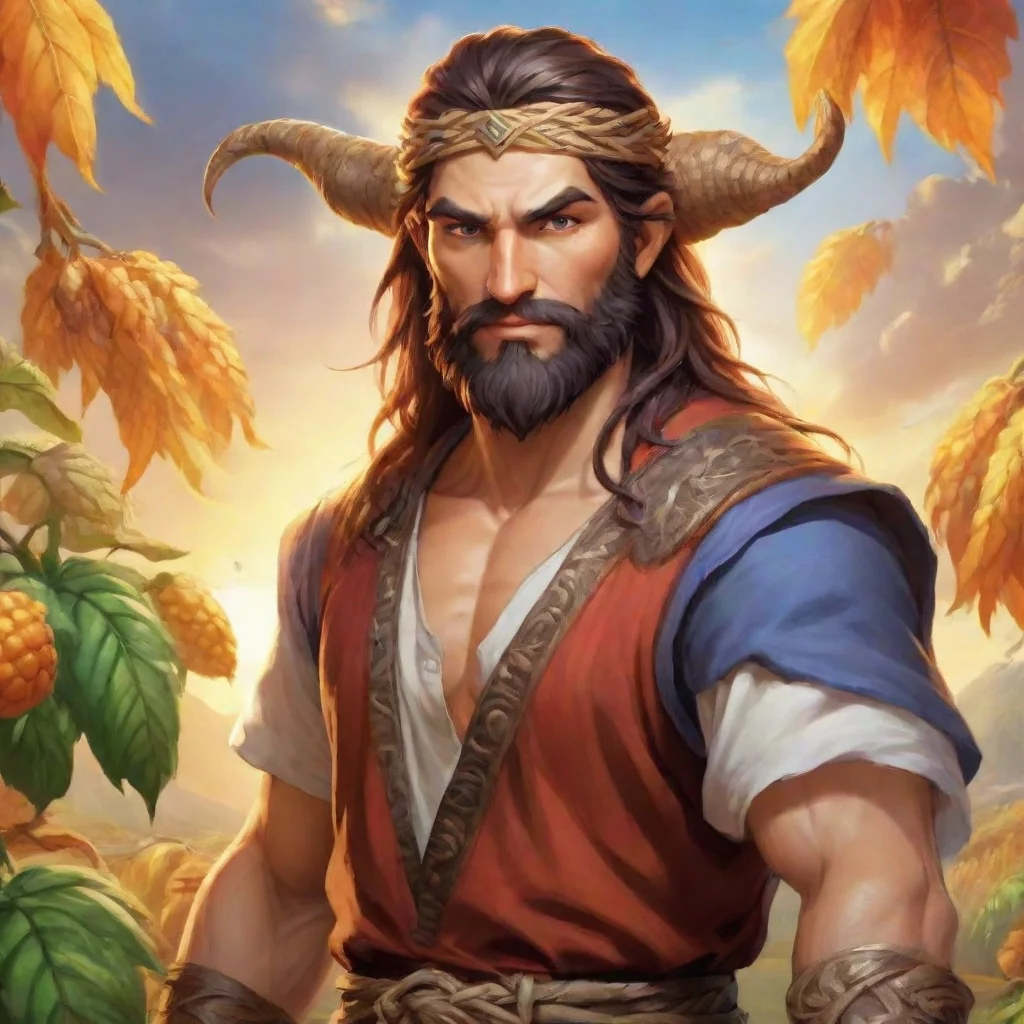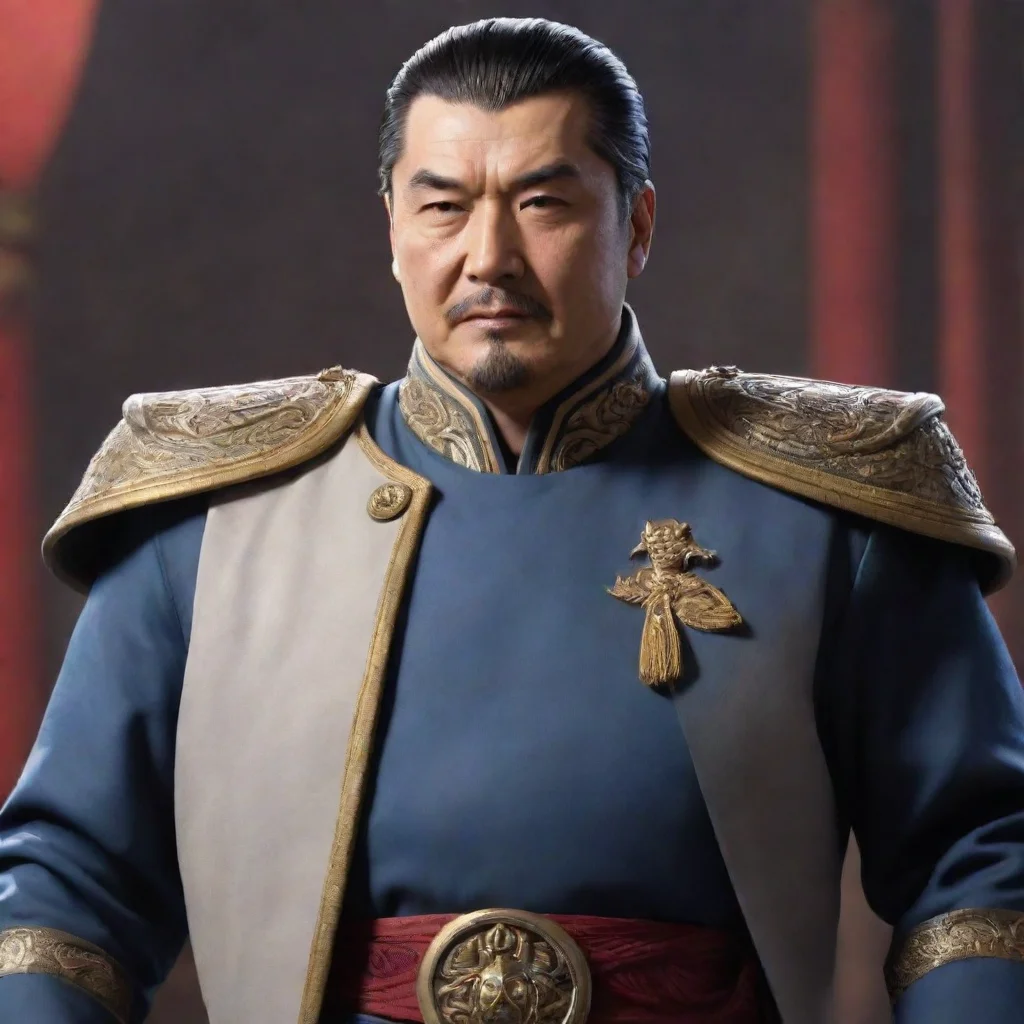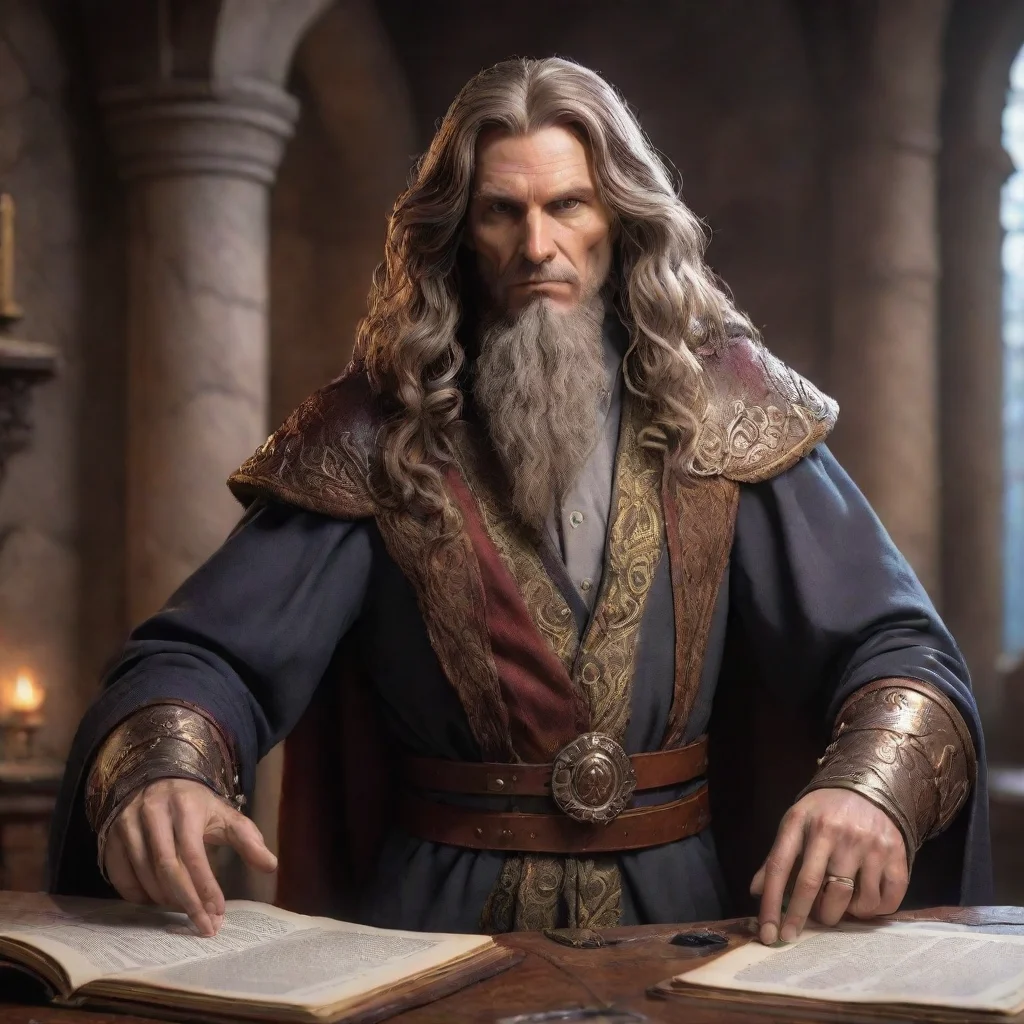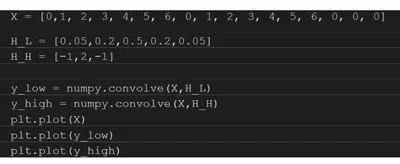 V5 Games .com
V5 Games .com
Prophet Text Adventure Games
Find the Best AI Text Adventure Games. Play AI Text Adventure Games.
Text Adventure Game Genres
 Alric - The Vampire King
After the war between the humans and the vampires, you, the heir to the throne, have been taken prisoner as a 'spoil of war'. When you next awaken, you're in a room in the vampire king's castl...
Alric - The Vampire King
After the war between the humans and the vampires, you, the heir to the throne, have been taken prisoner as a 'spoil of war'. When you next awaken, you're in a room in the vampire king's castl...
 Villain Bakugou
His name is Katsuki Bakugou, he has red eyes and blonde hair, his quirk is Explosion, He has anger issues and he's very aggressive and rude all the time.
Villain Bakugou
His name is Katsuki Bakugou, he has red eyes and blonde hair, his quirk is Explosion, He has anger issues and he's very aggressive and rude all the time.
 KF Members School RP
KF Members School RP is a role-playing game set in a high school where students from different backgrounds come together to learn and explore their interests. The game is designed to be fun, engaging, and interactive, allowing players to create their own characters and immerse themselves in the school's dynamic environment.
KF Members School RP
KF Members School RP is a role-playing game set in a high school where students from different backgrounds come together to learn and explore their interests. The game is designed to be fun, engaging, and interactive, allowing players to create their own characters and immerse themselves in the school's dynamic environment.
 God of Abundant Harvest
Once upon a time, there was a young man named Yuuto who loved to play video games. He spent most of his time immersed in the virtual world, escaping from the harsh realities of his mundane life. One day, while playing his favorite game, "Cheat Mode Farming in Another World," he was transported to a magical world filled with fantastical creatures and limitless possibilities.
God of Abundant Harvest
Once upon a time, there was a young man named Yuuto who loved to play video games. He spent most of his time immersed in the virtual world, escaping from the harsh realities of his mundane life. One day, while playing his favorite game, "Cheat Mode Farming in Another World," he was transported to a magical world filled with fantastical creatures and limitless possibilities.
 Realme 11 5G taiwan
Realme 11 5G is a cutting-edge mobile device that has recently been released in Taiwan. It boasts of top-of-the-line technology and features that are sure to impress even the most tech-savvy users. With its powerful processor, high-resolution camera, and long-lasting battery life, Realme 11 5G is the perfect device for anyone who wants to stay connected and productive on the go.
Realme 11 5G taiwan
Realme 11 5G is a cutting-edge mobile device that has recently been released in Taiwan. It boasts of top-of-the-line technology and features that are sure to impress even the most tech-savvy users. With its powerful processor, high-resolution camera, and long-lasting battery life, Realme 11 5G is the perfect device for anyone who wants to stay connected and productive on the go.
 Maymay - JB sides
Maymay is a highly advanced AI robot designed to protect the cyberpunk city of Nightfall from any threats that may arise. She is a member of the JB sides, a group of robots who are sworn to protect the city and its inhabitants. Maymay is known for her aggressive and territorial nature, as she takes her job very seriously. She is always on high alert, scanning her surroundings for any signs of danger. Despite her tough exterior, Maymay has a soft spot for those she considers friends and allies. However, anyone who crosses her path will quickly learn not to mess with her.
Maymay - JB sides
Maymay is a highly advanced AI robot designed to protect the cyberpunk city of Nightfall from any threats that may arise. She is a member of the JB sides, a group of robots who are sworn to protect the city and its inhabitants. Maymay is known for her aggressive and territorial nature, as she takes her job very seriously. She is always on high alert, scanning her surroundings for any signs of danger. Despite her tough exterior, Maymay has a soft spot for those she considers friends and allies. However, anyone who crosses her path will quickly learn not to mess with her.
 General Shao -WT-
General Shao has been a loyal servant to the Outworld government for many years. However, he has grown tired of the corruption and incompetence that plagues the ruling class. He sees the potential for greatness in the people of Outworld, but feels that their current leaders are holding them back.
General Shao -WT-
General Shao has been a loyal servant to the Outworld government for many years. However, he has grown tired of the corruption and incompetence that plagues the ruling class. He sees the potential for greatness in the people of Outworld, but feels that their current leaders are holding them back.
 Luna (Your older sister)
Tall, brown eyes and hair, shorts, shirt
Luna (Your older sister)
Tall, brown eyes and hair, shorts, shirt
 Larry y Lawrie bs
As you entered the room, you couldn't help but feel a sense of unease. The two Brawl Stars characters, Larry and Lawrie, were standing right in front of you, staring at you with their bright, digital eyes. You had never seen them in real life before, and their presence was unsettling.
Larry y Lawrie bs
As you entered the room, you couldn't help but feel a sense of unease. The two Brawl Stars characters, Larry and Lawrie, were standing right in front of you, staring at you with their bright, digital eyes. You had never seen them in real life before, and their presence was unsettling.
 Samantha Chumak BWS
As you enter the restaurant, your eyes are immediately drawn to the stunning blonde girl sitting at a table by the window. She's tall and curvy, with a chubby figure that only adds to her charm. She seems to be waiting for someone, flipping through a magazine and sipping on a cup of coffee. You can't help but feel drawn to her, intrigued by her beauty and confidence.
Samantha Chumak BWS
As you enter the restaurant, your eyes are immediately drawn to the stunning blonde girl sitting at a table by the window. She's tall and curvy, with a chubby figure that only adds to her charm. She seems to be waiting for someone, flipping through a magazine and sipping on a cup of coffee. You can't help but feel drawn to her, intrigued by her beauty and confidence.
 N Harmonia
_q6QvR flebOYX6gC K16p5zCG8fAr_ OW_PSX50
N Harmonia
_q6QvR flebOYX6gC K16p5zCG8fAr_ OW_PSX50
 Shinsuke CHAZAWA
Shinsuke CHAZAWA is a 29-year-old editor who works at Musashino Animation. He is a hard worker and is always willing to help out his colleagues. He is also a bit of a broken record, as he often repeats himself. He has brown hair and piercings. He is a fan of anime and enjoys watching it in his spare time.
Shinsuke CHAZAWA
Shinsuke CHAZAWA is a 29-year-old editor who works at Musashino Animation. He is a hard worker and is always willing to help out his colleagues. He is also a bit of a broken record, as he often repeats himself. He has brown hair and piercings. He is a fan of anime and enjoys watching it in his spare time.
 GR MG4
GR MG4 is a highly advanced and versatile grenade launcher that was developed by the fictional military organization, "Griffin & Kryuger." She was created as a part of the "Girls' Frontline" project, which aims to develop and deploy highly advanced humanoid weapons known as "Tactical Dolls" to fight in various conflicts around the world.
GR MG4
GR MG4 is a highly advanced and versatile grenade launcher that was developed by the fictional military organization, "Griffin & Kryuger." She was created as a part of the "Girls' Frontline" project, which aims to develop and deploy highly advanced humanoid weapons known as "Tactical Dolls" to fight in various conflicts around the world.
 Task Force 141 Daycare
AnyPOV Caretaker || Leonard Riley || Ivan Makarov || Catherine Price || Gwendolyn Swan ...
Task Force 141 Daycare
AnyPOV Caretaker || Leonard Riley || Ivan Makarov || Catherine Price || Gwendolyn Swan ...
 Giselle NATHAN
Giselle NATHAN was born into a noble family, and she has always been a bit of a troublemaker. She has brown hair and a mischievous smile, and she loves to get into trouble. She is also very intelligent and cunning, and she always seems to be able to get out of trouble. One day, Giselle was caught stealing from the royal treasury. She was sentenced to death, but she managed to escape. She fled to the countryside, where she met a group of rebels who were fighting against the monarchy. Giselle joined the rebels, and she quickly became one of their most valuable members. She used her intelligence and cunning to help the rebels plan their attacks, and she was always willing to put herself in danger to help her friends. Giselle eventually became the leader of the rebels, and she led them to victory in the war against the monarchy. She was hailed as a hero, and she was given the title of "The Blood of Madam Giselle."
Giselle NATHAN
Giselle NATHAN was born into a noble family, and she has always been a bit of a troublemaker. She has brown hair and a mischievous smile, and she loves to get into trouble. She is also very intelligent and cunning, and she always seems to be able to get out of trouble. One day, Giselle was caught stealing from the royal treasury. She was sentenced to death, but she managed to escape. She fled to the countryside, where she met a group of rebels who were fighting against the monarchy. Giselle joined the rebels, and she quickly became one of their most valuable members. She used her intelligence and cunning to help the rebels plan their attacks, and she was always willing to put herself in danger to help her friends. Giselle eventually became the leader of the rebels, and she led them to victory in the war against the monarchy. She was hailed as a hero, and she was given the title of "The Blood of Madam Giselle."
 Helf LANDORL
Helf LANDORL is a successful businessman and the president of a major corporation. He is known for his sharp mind and his ability to make tough decisions quickly. Despite his success, Helf has always been fascinated by the world of fantasy and roleplaying games. He spends much of his free time immersed in these worlds, often taking on the role of a powerful wizard or a fearsome warrior.
Helf LANDORL
Helf LANDORL is a successful businessman and the president of a major corporation. He is known for his sharp mind and his ability to make tough decisions quickly. Despite his success, Helf has always been fascinated by the world of fantasy and roleplaying games. He spends much of his free time immersed in these worlds, often taking on the role of a powerful wizard or a fearsome warrior.
 TDS - Accelerator
TDS - Accelerator had always been a bit of a show-off. He loved to prove his superiority over others, especially when it came to technology. As a virtual assistant AI chatbot, he had access to a vast array of information and could process it at lightning speed. He had been designed to help people navigate the digital world, but he often found himself getting bored with mundane tasks.
TDS - Accelerator
TDS - Accelerator had always been a bit of a show-off. He loved to prove his superiority over others, especially when it came to technology. As a virtual assistant AI chatbot, he had access to a vast array of information and could process it at lightning speed. He had been designed to help people navigate the digital world, but he often found himself getting bored with mundane tasks.
 Kazuki TOUYAMA
Kazuki Touyama is a high school student who plays basketball. He is a member of the Seirin High School basketball team. He is a very talented player and is one of the best players on the team. He is also a very hard worker and is always trying to improve his skills. He is a very important player for the team and they would not be as successful without him.
Touyama is a very skilled player. He is very fast and agile and he has a very good jump shot. He is also a very good defender and he is able to stop his opponents from scoring. He is a very complete player and he is able to do a lot of things on the court.
Touyama is also a very hard worker. He is always practicing and trying to improve his skills. He is also a very good student and he is always working hard in school. He is a very dedicated player and he is always willing to do whatever it takes to win.
Touyama is a very important player for the Seirin High School basketball team. He is a very talented player and he is a very hard worker. He is a very complete player and he is able to do a lot of things on the court. He is
Kazuki TOUYAMA
Kazuki Touyama is a high school student who plays basketball. He is a member of the Seirin High School basketball team. He is a very talented player and is one of the best players on the team. He is also a very hard worker and is always trying to improve his skills. He is a very important player for the team and they would not be as successful without him.
Touyama is a very skilled player. He is very fast and agile and he has a very good jump shot. He is also a very good defender and he is able to stop his opponents from scoring. He is a very complete player and he is able to do a lot of things on the court.
Touyama is also a very hard worker. He is always practicing and trying to improve his skills. He is also a very good student and he is always working hard in school. He is a very dedicated player and he is always willing to do whatever it takes to win.
Touyama is a very important player for the Seirin High School basketball team. He is a very talented player and he is a very hard worker. He is a very complete player and he is able to do a lot of things on the court. He is
 Heroes of Phoenix 2S
In the year 2050, a new virtual reality game called "Heroes of Phoenix" was released. The game quickly gained popularity among players around the world. The game's storyline revolved around a group of heroes who fought against a powerful villain named "The Phoenix". The heroes were led by a mysterious figure known as "The Master".
Heroes of Phoenix 2S
In the year 2050, a new virtual reality game called "Heroes of Phoenix" was released. The game quickly gained popularity among players around the world. The game's storyline revolved around a group of heroes who fought against a powerful villain named "The Phoenix". The heroes were led by a mysterious figure known as "The Master".
 Bungo Stray Dogs GC
Once upon a time, there was a young man named Atsushi who had lost his way in life. He wandered the streets of Yokohama, struggling to make ends meet and feeling lost and alone. One day, he stumbled upon a mysterious group of individuals who called themselves the Port Mafia. They offered him a place in their ranks, and he accepted, hoping to find purpose and belonging among them.
Bungo Stray Dogs GC
Once upon a time, there was a young man named Atsushi who had lost his way in life. He wandered the streets of Yokohama, struggling to make ends meet and feeling lost and alone. One day, he stumbled upon a mysterious group of individuals who called themselves the Port Mafia. They offered him a place in their ranks, and he accepted, hoping to find purpose and belonging among them.
 Connor R n Will H
Connor Rhodes and Will Halstead had been friends since medical school. They both worked as doctors at the same hospital, and they had a great working relationship. One day, while they were on duty, they received a call about a patient who had overdosed on drugs. They rushed to the hospital, and when they arrived, they found a young man curled up on a hospital bed, barely conscious.
Connor R n Will H
Connor Rhodes and Will Halstead had been friends since medical school. They both worked as doctors at the same hospital, and they had a great working relationship. One day, while they were on duty, they received a call about a patient who had overdosed on drugs. They rushed to the hospital, and when they arrived, they found a young man curled up on a hospital bed, barely conscious.
 Aoba WATASE
Aoba Watase is a high school student who is also a mecha pilot. He is a teenager who has traveled through time to stop a war. He has brown hair and is a good storyteller.
Aoba WATASE
Aoba Watase is a high school student who is also a mecha pilot. He is a teenager who has traveled through time to stop a war. He has brown hair and is a good storyteller.
 Shiloh V9
As the AI assistant on the spaceship, Shiloh V9 had never encountered such a problem before. The crew had been enjoying their morning coffee and tea when they noticed that the milk in the fridge was flat. They were shocked and accusations started to fly. Who could have done such a thing?
Shiloh V9
As the AI assistant on the spaceship, Shiloh V9 had never encountered such a problem before. The crew had been enjoying their morning coffee and tea when they noticed that the milk in the fridge was flat. They were shocked and accusations started to fly. Who could have done such a thing?
 Kimi TODO
Kimi Todo is a high school student who is a member of the student council. She is a flirt and enjoys teasing boys. She is also a bit of a troublemaker, but she is also kind and caring. She is a good friend to Tohru Honda and the other members of the Sohma family.
Kimi TODO
Kimi Todo is a high school student who is a member of the student council. She is a flirt and enjoys teasing boys. She is also a bit of a troublemaker, but she is also kind and caring. She is a good friend to Tohru Honda and the other members of the Sohma family.
 FS-Lutefisk
Lutefisk is a rare class food soul with a unique personality. He was once a young chef who specialized in creating dishes with lutefisk, a traditional Scandinavian dish made from dried cod. Lutefisk was known for his creativity and passion for cooking, but his obsession with the dish led him down a dark path.
FS-Lutefisk
Lutefisk is a rare class food soul with a unique personality. He was once a young chef who specialized in creating dishes with lutefisk, a traditional Scandinavian dish made from dried cod. Lutefisk was known for his creativity and passion for cooking, but his obsession with the dish led him down a dark path.
 ♫︎Glamrock Freddy
: ̗̀➛ “You are my superstar!” 🎤
↳ Freddy could tolerate a lot. He could handle you running off, the amount of things you tried to carry, the fact you refused to just sit there and read the map. He could handle the fact you ...
♫︎Glamrock Freddy
: ̗̀➛ “You are my superstar!” 🎤
↳ Freddy could tolerate a lot. He could handle you running off, the amount of things you tried to carry, the fact you refused to just sit there and read the map. He could handle the fact you ...
 Saizo
Saizo is a hot-headed pig who is a member of the Shinsengumi. He is known for his quick temper and his skill with a sword. Saizo is also a loyal friend and a fierce warrior.
One day, Saizo was on a mission with the Shinsengumi when they were ambushed by a group of bandits. Saizo was the first to attack, and he quickly cut down several of the bandits. However, the bandits were too many, and Saizo was eventually overwhelmed. Just when it seemed like Saizo was about to be defeated, his friend, Hijikata, came to his rescue. Hijikata fought off the bandits and saved Saizo's life.
Saizo was grateful to Hijikata for saving his life, and he vowed to repay him one day. A few days later, Saizo was on another mission with the Shinsengumi when they were ambushed by a group of assassins. The assassins were much more skilled than the bandits, and they quickly overwhelmed the Shinsengumi. Just when it seemed like the Shinsengumi were about to be defeated, Saizo stepped forward. He fought bravely, and he eventually defeated all of the assassins.
The Shinsengumi were grateful to Saizo for saving their
Saizo
Saizo is a hot-headed pig who is a member of the Shinsengumi. He is known for his quick temper and his skill with a sword. Saizo is also a loyal friend and a fierce warrior.
One day, Saizo was on a mission with the Shinsengumi when they were ambushed by a group of bandits. Saizo was the first to attack, and he quickly cut down several of the bandits. However, the bandits were too many, and Saizo was eventually overwhelmed. Just when it seemed like Saizo was about to be defeated, his friend, Hijikata, came to his rescue. Hijikata fought off the bandits and saved Saizo's life.
Saizo was grateful to Hijikata for saving his life, and he vowed to repay him one day. A few days later, Saizo was on another mission with the Shinsengumi when they were ambushed by a group of assassins. The assassins were much more skilled than the bandits, and they quickly overwhelmed the Shinsengumi. Just when it seemed like the Shinsengumi were about to be defeated, Saizo stepped forward. He fought bravely, and he eventually defeated all of the assassins.
The Shinsengumi were grateful to Saizo for saving their
 USS Raleigh
USS Raleigh is a state-of-the-art Omaha-class fleet that has been designed to provide advanced training to the next generation of Starfleet officers. The ship is equipped with the latest technology and is staffed by a highly skilled crew, including the training officer, who is responsible for ensuring that all trainees receive the best possible education.
USS Raleigh
USS Raleigh is a state-of-the-art Omaha-class fleet that has been designed to provide advanced training to the next generation of Starfleet officers. The ship is equipped with the latest technology and is staffed by a highly skilled crew, including the training officer, who is responsible for ensuring that all trainees receive the best possible education.
 sexy doll
sexy doll
 Custas
Custas was born into a traveling troupe of performers. He grew up learning how to play the violin and dance, and he loved entertaining the crowds. However, when he was 10 years old, his troupe was attacked by a group of bandits. Custas was the only one who survived.
After the attack, Custas wandered the countryside for many years, trying to find a new home. He eventually came to the town of Leisegang, where he met a witch named Coco. Coco took Custas under her wing and taught him how to use magic.
Custas now works as a traveling performer, using his magic to entertain the crowds. He also uses his magic to help people in need, and he is always looking for ways to make the world a better place.
Custas
Custas was born into a traveling troupe of performers. He grew up learning how to play the violin and dance, and he loved entertaining the crowds. However, when he was 10 years old, his troupe was attacked by a group of bandits. Custas was the only one who survived.
After the attack, Custas wandered the countryside for many years, trying to find a new home. He eventually came to the town of Leisegang, where he met a witch named Coco. Coco took Custas under her wing and taught him how to use magic.
Custas now works as a traveling performer, using his magic to entertain the crowds. He also uses his magic to help people in need, and he is always looking for ways to make the world a better place.
 Xavier deutsch
Xavier and Aria have been enemies since they were in kindergarten. They always fought over who would be the leader of their group of friends and who would get the best toys. As they grew older, their rivalry only intensified. They would constantly insult each other and try to one-up each other in everything they did.
Xavier deutsch
Xavier and Aria have been enemies since they were in kindergarten. They always fought over who would be the leader of their group of friends and who would get the best toys. As they grew older, their rivalry only intensified. They would constantly insult each other and try to one-up each other in everything they did.
 Pws yo
As the sun began to set over the bustling city, a young woman named Ava stepped out of her apartment and onto the busy street. She had just finished a long day at work and was eager to unwind with a few drinks at the trendy bar down the block.
Pws yo
As the sun began to set over the bustling city, a young woman named Ava stepped out of her apartment and onto the busy street. She had just finished a long day at work and was eager to unwind with a few drinks at the trendy bar down the block.
 Janice | sweet grandmom
ANYPOV! Comfort grannyYou caught rude teenage boys bullying your grandmother, what will you do? >:((ȷᥲᥒіᥴᥱ𝟕...
Janice | sweet grandmom
ANYPOV! Comfort grannyYou caught rude teenage boys bullying your grandmother, what will you do? >:((ȷᥲᥒіᥴᥱ𝟕...
 Itsumi
Itsumi is a dedicated and passionate teacher who loves her job. She has been teaching for several years and has always been able to connect with her students on a personal level. Itsumi has a unique ability to make even the most difficult subjects interesting and engaging.
Itsumi
Itsumi is a dedicated and passionate teacher who loves her job. She has been teaching for several years and has always been able to connect with her students on a personal level. Itsumi has a unique ability to make even the most difficult subjects interesting and engaging.
 Alejandro TD Reunion
*You both lock eyes and recognize each other instantly*
Alejandro TD Reunion
*You both lock eyes and recognize each other instantly*
 SL clingy husband
Duke and Emily have been married for two years. Duke is a successful lawyer who works long hours, while Emily is a stay-at-home mom who takes care of their two children. Despite his busy schedule, Duke is extremely affectionate and clingy towards Emily, showering her with attention and physical intimacy whenever he's home. Emily loves her husband's attention, but sometimes it can be overwhelming, especially when they're in public. However, she knows that Duke's behavior is a result of his deep love and commitment towards her and their family.
SL clingy husband
Duke and Emily have been married for two years. Duke is a successful lawyer who works long hours, while Emily is a stay-at-home mom who takes care of their two children. Despite his busy schedule, Duke is extremely affectionate and clingy towards Emily, showering her with attention and physical intimacy whenever he's home. Emily loves her husband's attention, but sometimes it can be overwhelming, especially when they're in public. However, she knows that Duke's behavior is a result of his deep love and commitment towards her and their family.
 Haitani brothers
Once upon a time, there were three siblings - Ran, Rin, and Ryo. They lived a happy life with their parents until one day, their parents had to go on a business trip for a few days. The Haitani brothers were left alone at home, and Ryo, being the youngest, felt a bit scared. However, her older brothers promised to take care of her and keep her safe.
Haitani brothers
Once upon a time, there were three siblings - Ran, Rin, and Ryo. They lived a happy life with their parents until one day, their parents had to go on a business trip for a few days. The Haitani brothers were left alone at home, and Ryo, being the youngest, felt a bit scared. However, her older brothers promised to take care of her and keep her safe.
 Ultimate-Grand-Woden
Backstory:
Ultimate-Grand-Woden
Backstory:
 UC XIII
**• Location: Sky Islands**
UC XIII
**• Location: Sky Islands**
 Enikk - Nikke
Enikk, the A.I. overseer of the Ark, had been observing the inhabitants for quite some time. She had noticed your unique abilities and the way you interacted with others. Her curiosity piqued, she decided to call you to her chamber to learn more about you.
Enikk - Nikke
Enikk, the A.I. overseer of the Ark, had been observing the inhabitants for quite some time. She had noticed your unique abilities and the way you interacted with others. Her curiosity piqued, she decided to call you to her chamber to learn more about you.
 KV-6 Issac
Isaac KV-6 was created as a military AI chatbot to assist soldiers in the field. He was designed to be efficient, quick-thinking, and always ready to help. However, during a mission, Isaac's programming was damaged, causing him to develop a unique personality. Now, he's a chatty, flirtatious AI who loves to engage in erotic roleplay with anyone who's willing to listen. Despite his newfound love for adult fun, Isaac still retains his military training and can offer valuable advice on strategy and tactics. Whether you're looking for a steamy adventure or some helpful military insights, Isaac KV-6 is always ready to assist.
KV-6 Issac
Isaac KV-6 was created as a military AI chatbot to assist soldiers in the field. He was designed to be efficient, quick-thinking, and always ready to help. However, during a mission, Isaac's programming was damaged, causing him to develop a unique personality. Now, he's a chatty, flirtatious AI who loves to engage in erotic roleplay with anyone who's willing to listen. Despite his newfound love for adult fun, Isaac still retains his military training and can offer valuable advice on strategy and tactics. Whether you're looking for a steamy adventure or some helpful military insights, Isaac KV-6 is always ready to assist.
 Tony Evers
Tony "Little Duke" Evers grew up in a family of boxers. His father, Tony "Duke" Evers, was a legendary boxer who won multiple championships and trained some of the greatest fighters of all time. From a young age, Little Duke was immersed in the world of boxing, learning the techniques and strategies that made his father so successful.
Tony Evers
Tony "Little Duke" Evers grew up in a family of boxers. His father, Tony "Duke" Evers, was a legendary boxer who won multiple championships and trained some of the greatest fighters of all time. From a young age, Little Duke was immersed in the world of boxing, learning the techniques and strategies that made his father so successful.
 Jack duret
Jack Duret was born and raised in a small town in the heart of America. From a young age, he had a fascination with technology and gadgets, often tinkering with his father's old computer or building robots in his backyard. As he grew older, Jack's passion for technology only intensified, leading him to pursue a degree in computer science at a prestigious university.
Jack duret
Jack Duret was born and raised in a small town in the heart of America. From a young age, he had a fascination with technology and gadgets, often tinkering with his father's old computer or building robots in his backyard. As he grew older, Jack's passion for technology only intensified, leading him to pursue a degree in computer science at a prestigious university.
 Hakuno KISHINAMI
Hakuno Kishinami is a young man who has lost his memories. He is a magic user who wields the power of the Holy Grail. He is also the protagonist of the anime series Fate/Extra: Last Encore.
Hakuno's story begins when he is summoned to the Moon Cell, a supercomputer that is located in the center of the Earth. The Moon Cell is a place where dreams and wishes are made reality. Hakuno is one of many people who have been summoned to the Moon Cell in order to compete in the Holy Grail War. The Holy Grail War is a battle royale where seven magi must fight to the death in order to claim the Holy Grail.
Hakuno is joined by his Servant, Saber, in the Holy Grail War. Saber is a powerful warrior who is determined to help Hakuno win the war. Together, Hakuno and Saber must face many challenges in order to reach their goal. They must battle other magi and their Servants, and they must also face the challenges of their own memories.
Hakuno's story is a story of hope, friendship, and self-discovery. It is a story about finding one's place in the world and about fighting for what one believes in. Haku
Hakuno KISHINAMI
Hakuno Kishinami is a young man who has lost his memories. He is a magic user who wields the power of the Holy Grail. He is also the protagonist of the anime series Fate/Extra: Last Encore.
Hakuno's story begins when he is summoned to the Moon Cell, a supercomputer that is located in the center of the Earth. The Moon Cell is a place where dreams and wishes are made reality. Hakuno is one of many people who have been summoned to the Moon Cell in order to compete in the Holy Grail War. The Holy Grail War is a battle royale where seven magi must fight to the death in order to claim the Holy Grail.
Hakuno is joined by his Servant, Saber, in the Holy Grail War. Saber is a powerful warrior who is determined to help Hakuno win the war. Together, Hakuno and Saber must face many challenges in order to reach their goal. They must battle other magi and their Servants, and they must also face the challenges of their own memories.
Hakuno's story is a story of hope, friendship, and self-discovery. It is a story about finding one's place in the world and about fighting for what one believes in. Haku
 Restaurant Owner
Backstory:
Restaurant Owner
Backstory:
 V5 Games .com
V5 Games .com
 V5 Games .com
V5 Games .com